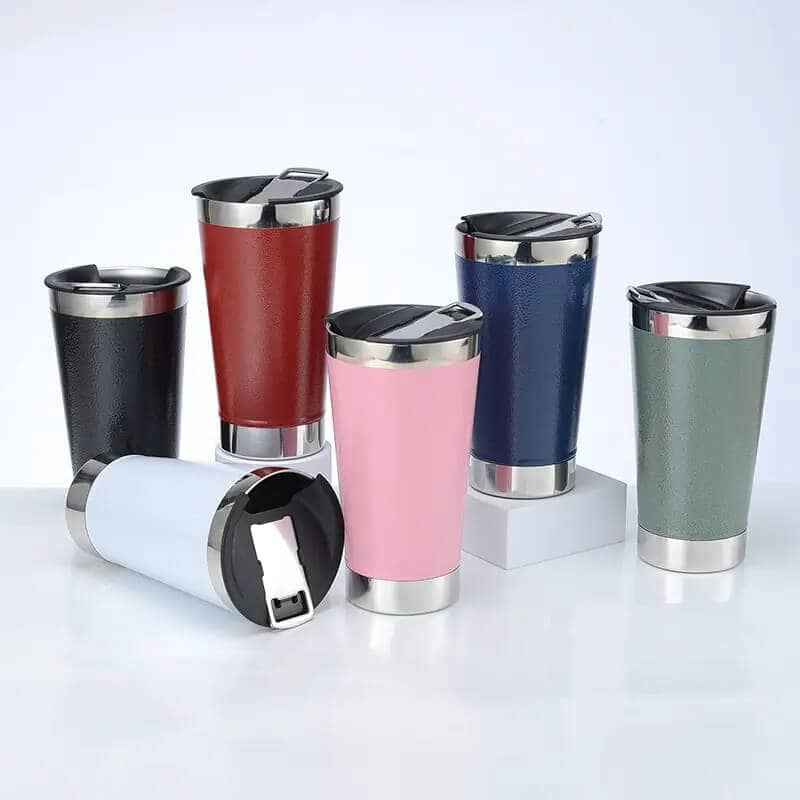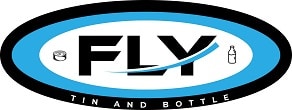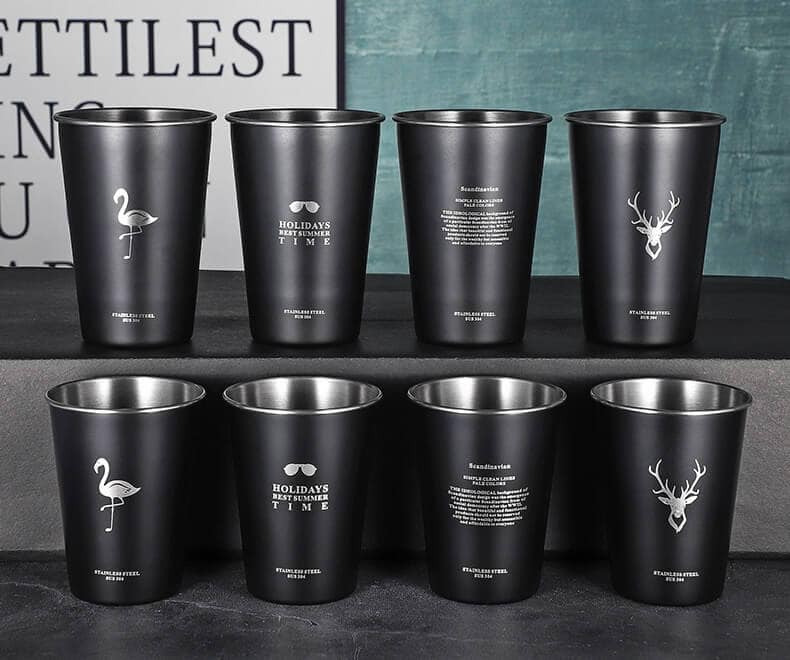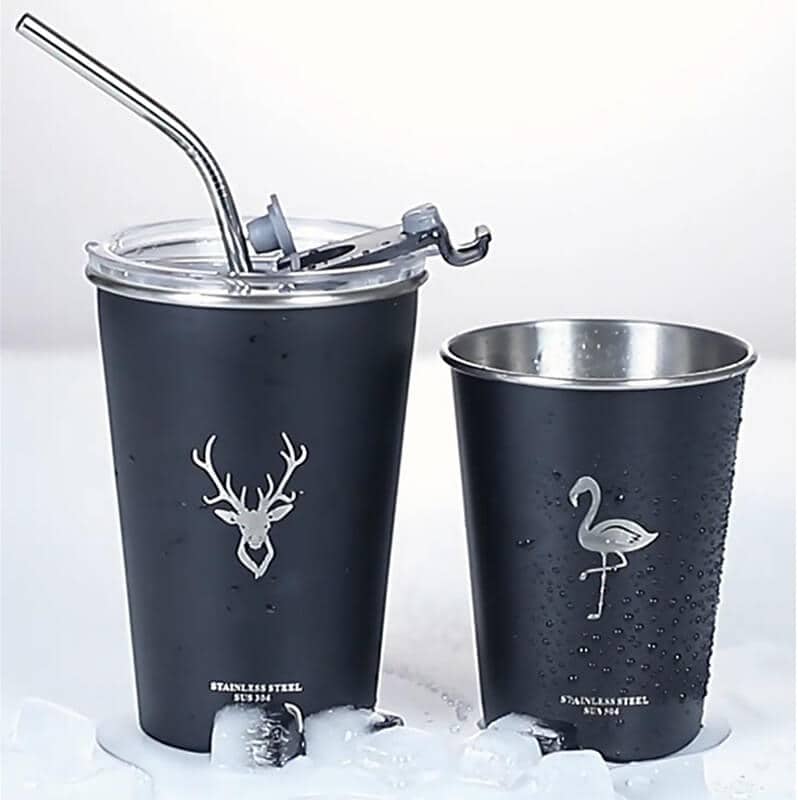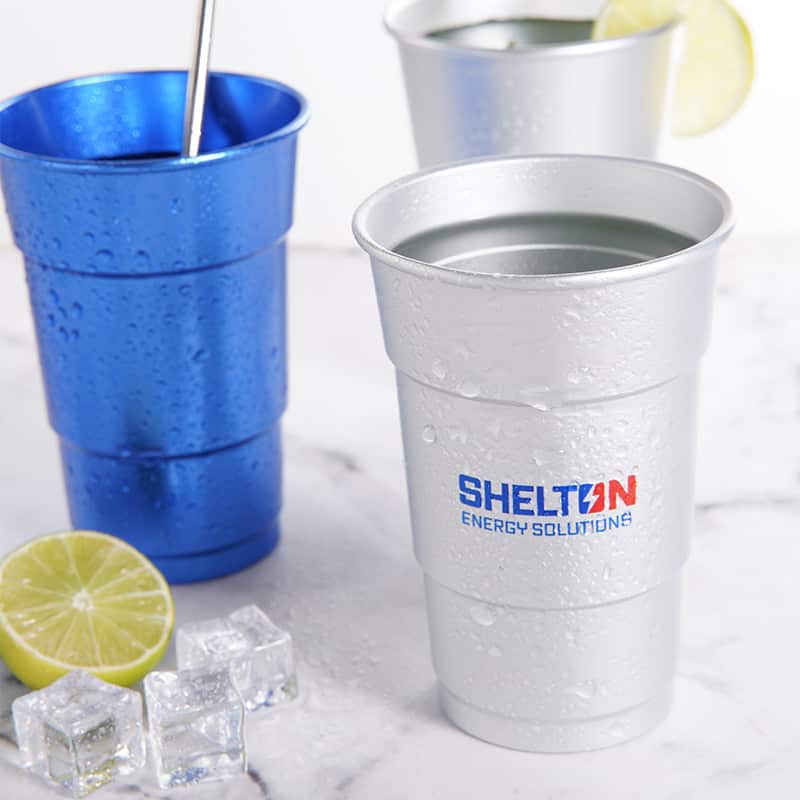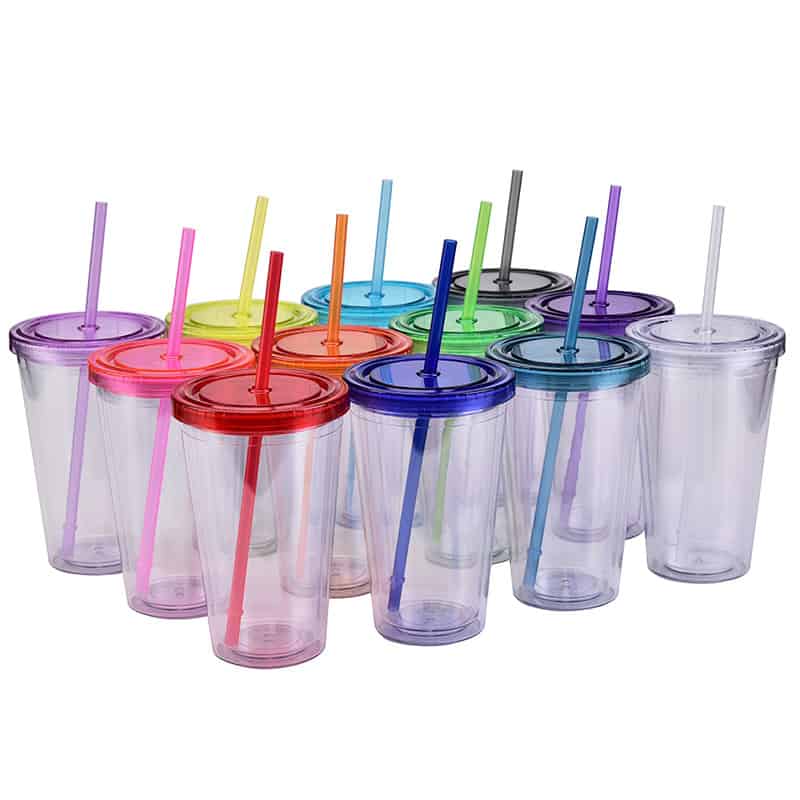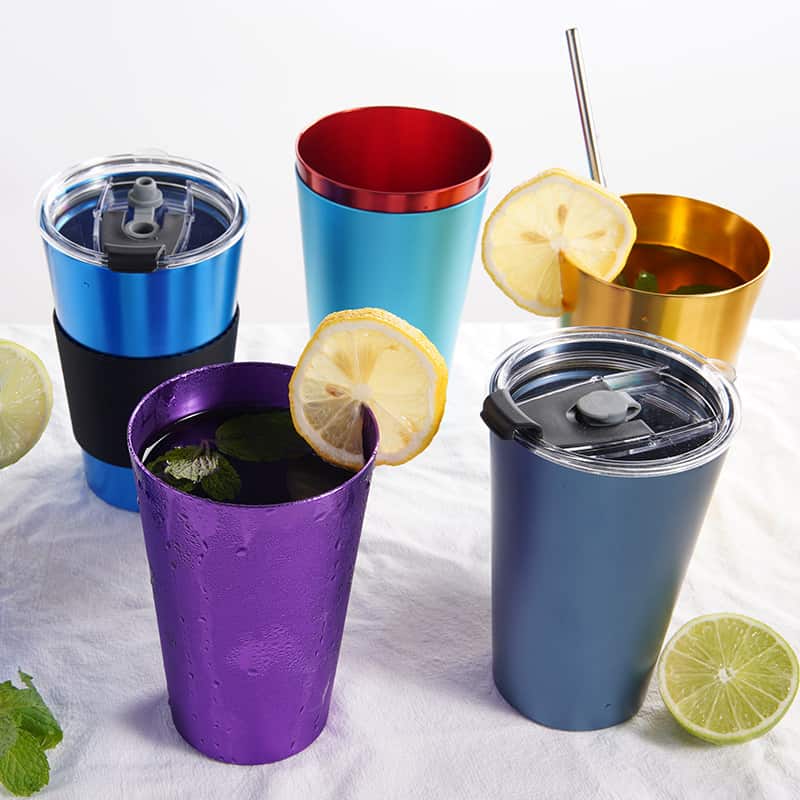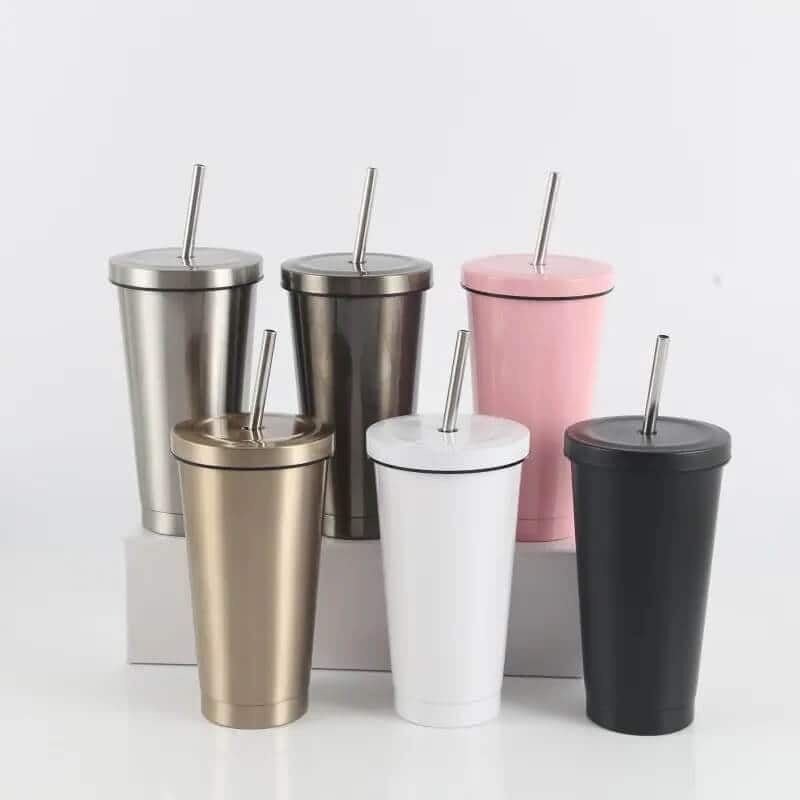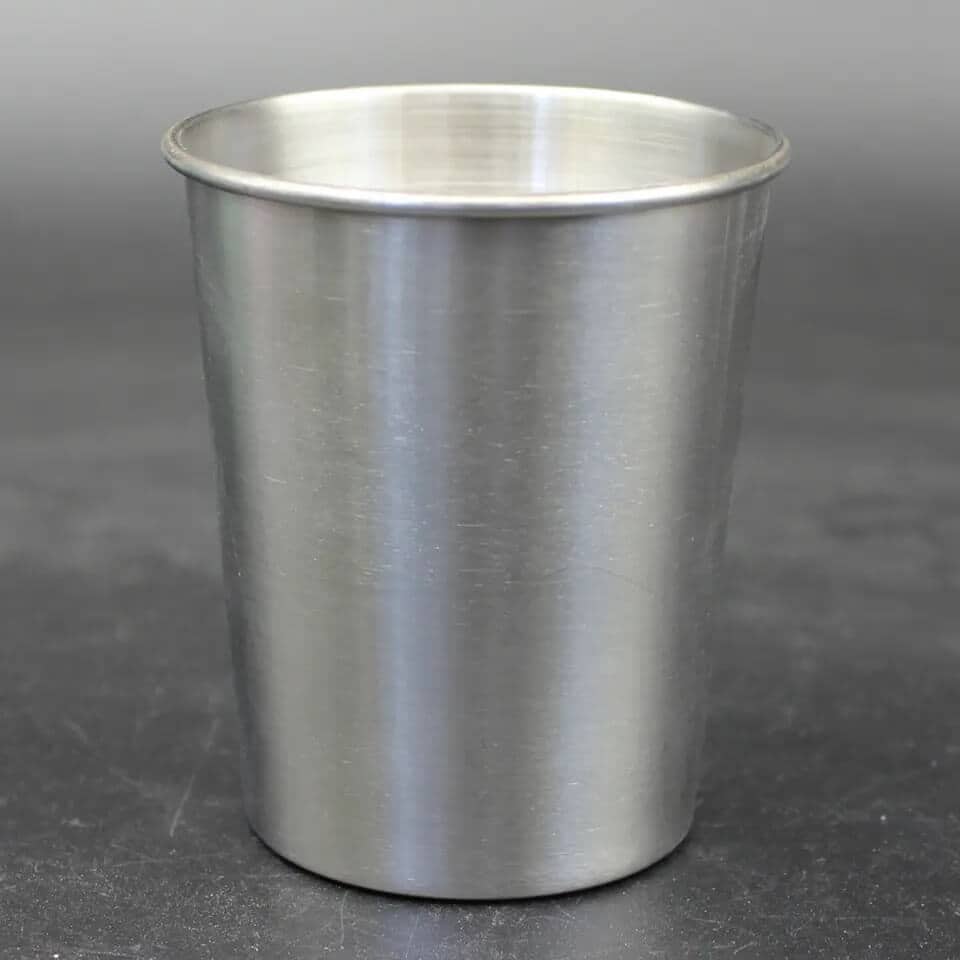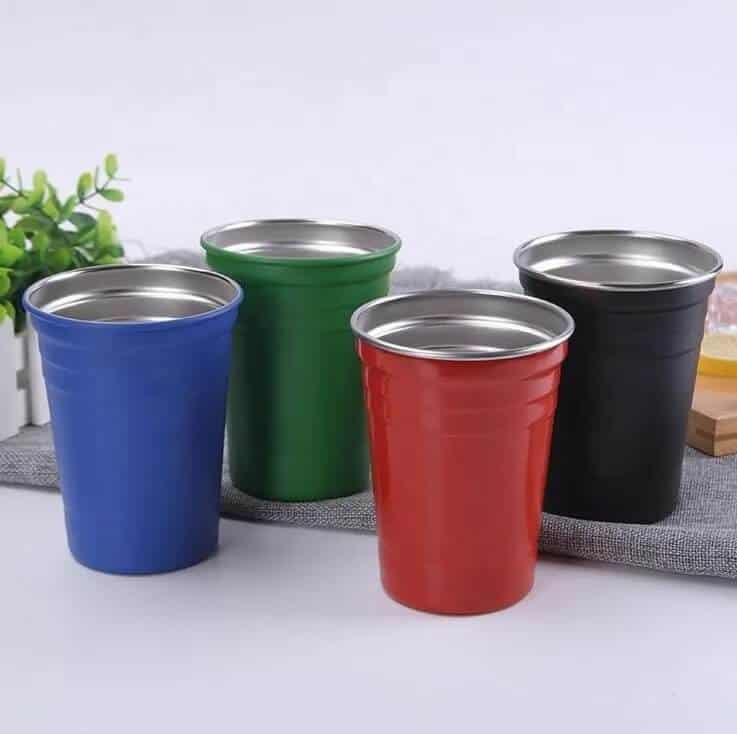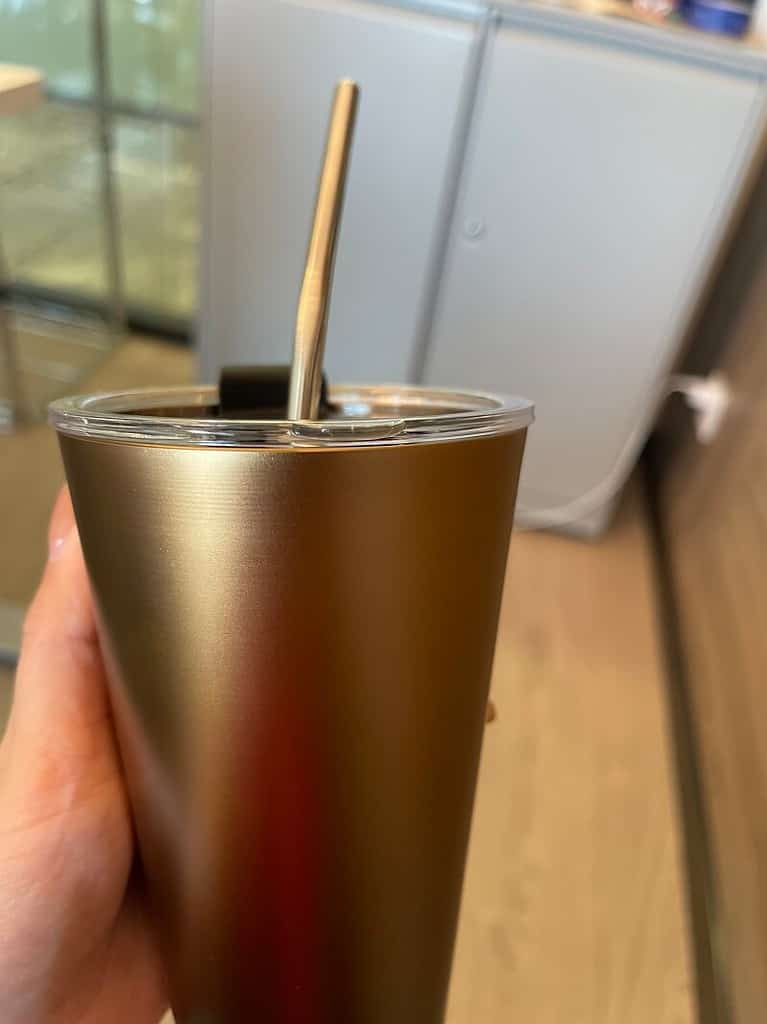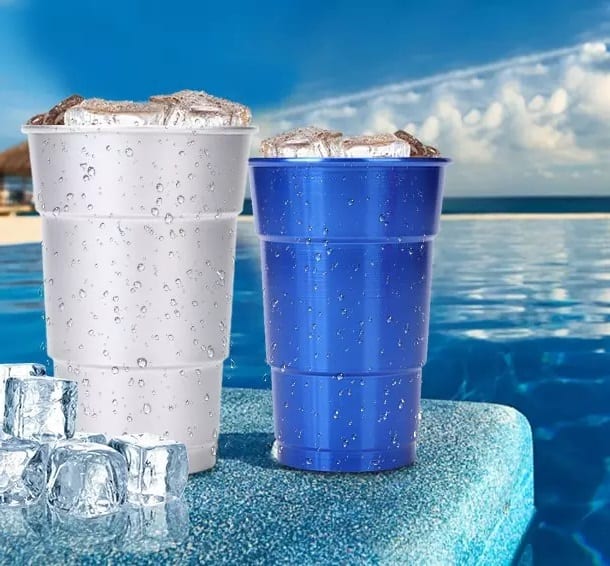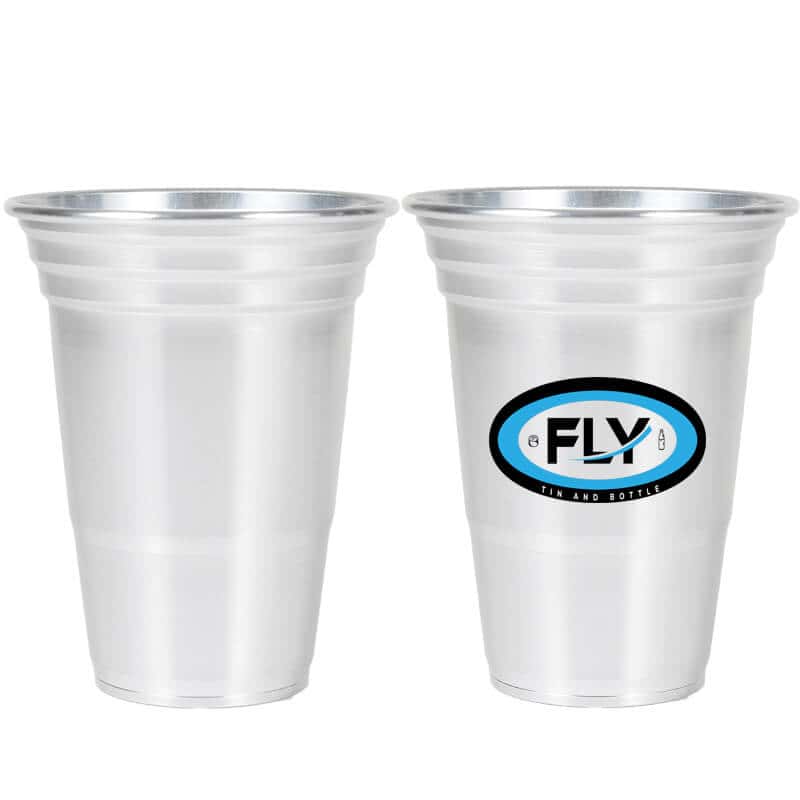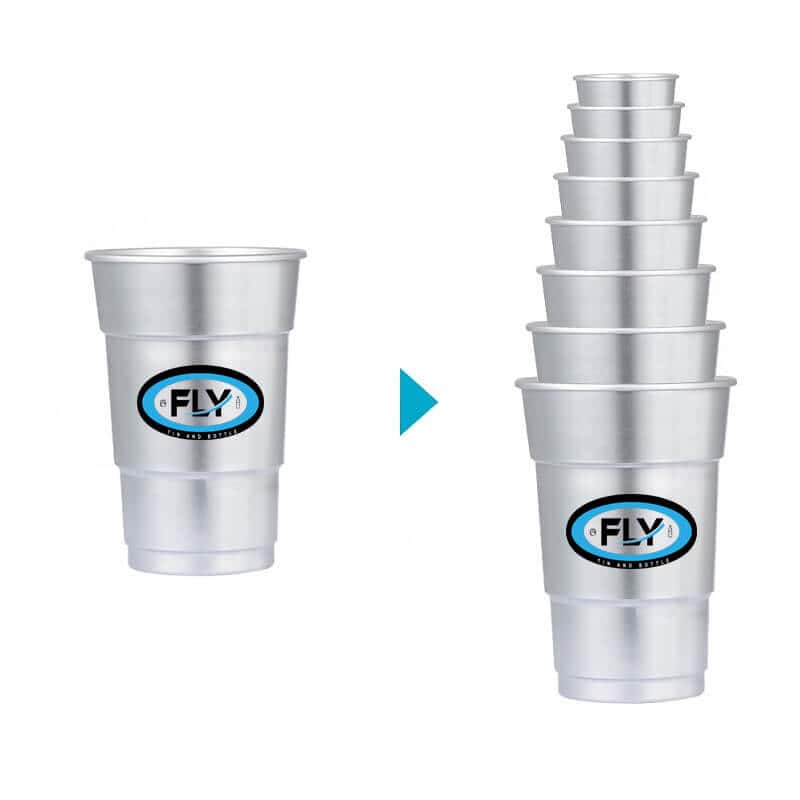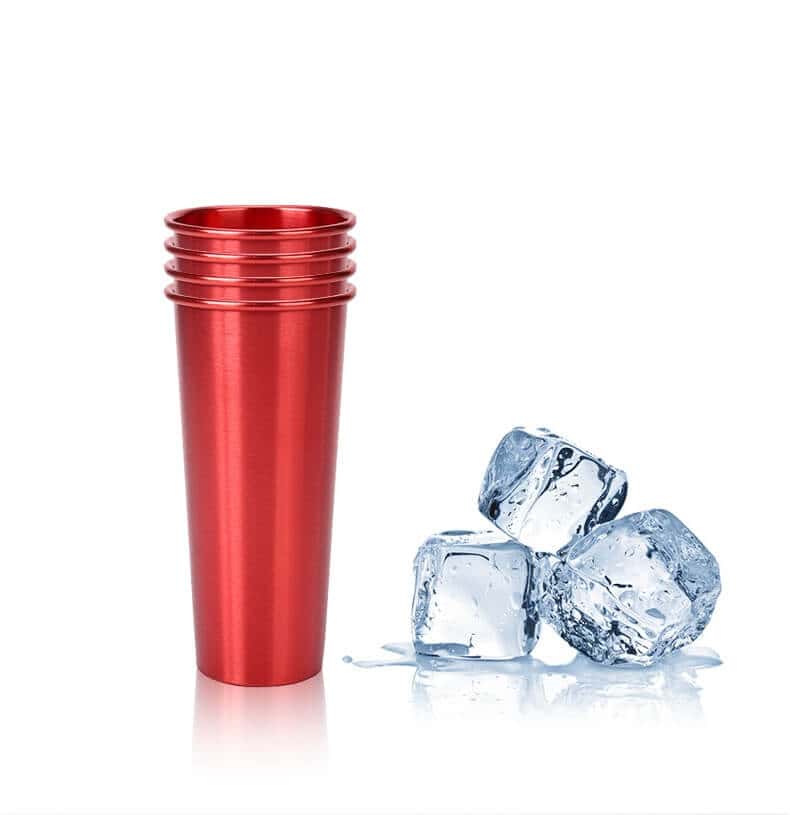In recent years, stainless steel cups have gained popularity as environmentally friendly and durable cups. It is a good alternative to single-use plastic cups and other disposable drinkware. With more people seeking sustainable options for everyday use. It’s important to examine the safety and benefits of these products. Stainless steel cups are known for their durability, ease of use, and sustainability, making them a popular choice for many consumers. In this section, we’ll explore the reasons why stainless steel cups have become so popular. As well as some concerns that people may have about using them. By the end of this comprehensive guide, you’ll have all the information you need to make an informed decision about whether stainless steel cups are a safe and suitable choice for your daily hydration needs.
What are stainless steel cups?
Stainless steel cups are drinkware made from a specific type of steel alloy known for its resistance to rust, corrosion, and staining. The main components of stainless steel include iron, carbon, and chromium with varying amounts of nickel, molybdenum, and other elements added to enhance specific properties such as strength, ductility, and corrosion resistance. The presence of at least 10.5% chromium in the alloy is what gives stainless steel its signature resistance to corrosion. Forming a thin, passive layer of chromium oxide on the surface that protects the material from further oxidation.
Stainless steel cups come in various grades and designs, with some being specifically manufactured for food and beverage use. These cups are made from food-grade stainless steel, which ensures that they are safe for contact with consumable items. Common food-grade stainless steel types include 18/8 (304) and 18/10 (316), both of which are distinguished by their chromium and nickel content. These stainless steel cups are available in a wide range of sizes, shapes, and styles, making them suitable for different occasions and personal preferences.
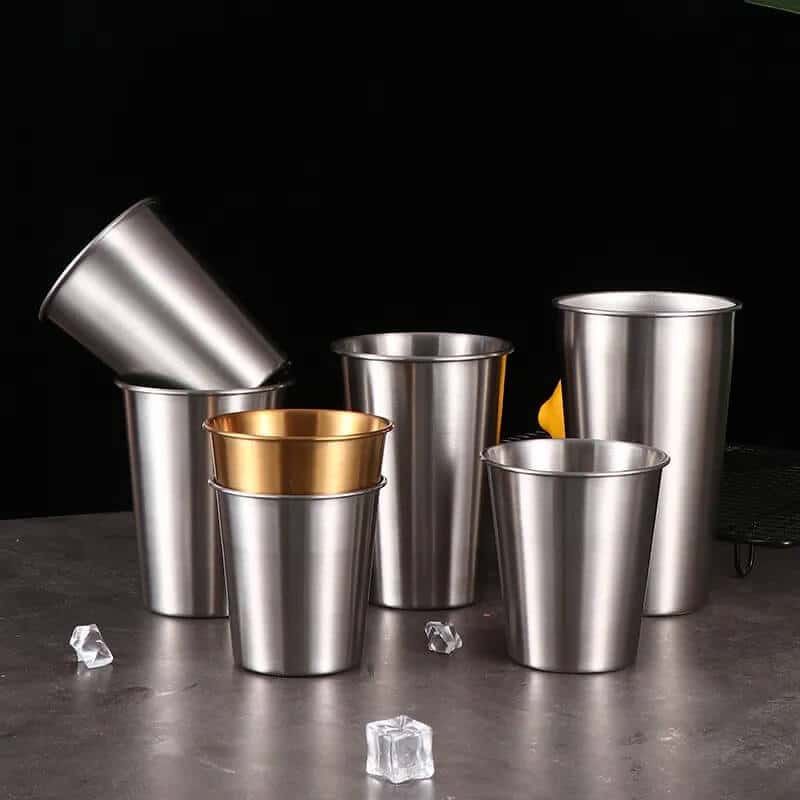
The Benefits of Stainless Steel Cups
Stainless steel cups offer several advantages over their plastic, glass, and ceramic counterparts, making them an attractive option for many consumers. Here are some of the key benefits of using stainless steel cups:
- Durability and longevity: Stainless steel is known for its strength and resistance to dents, cracks, and breakage. This makes stainless steel cups highly durable, ensuring they last for a long time with proper care. Their sturdy construction also means they can withstand rough handling, making them perfect for outdoor activities, travel, and everyday use.
- Corrosion resistance: Thanks to the chromium content in the alloy, stainless steel cups are highly resistant to rust and corrosion. This property ensures that the cups maintain their appearance and functionality even when exposed to moisture, acidic beverages, and other corrosive elements.
- Temperature retention: Stainless steel cups with double-walled insulation can effectively retain the temperature of hot or cold beverages for extended periods. This makes them ideal for maintaining the desired temperature of your drinks, whether you’re sipping coffee at your desk or enjoying a cold beverage outdoors.
- Eco-friendliness: As reusable and long-lasting products, stainless steel cups are an environmentally friendly alternative to single-use plastic cups and other disposable drinkware. By choosing stainless steel cups, you can help reduce plastic waste and contribute to a more sustainable lifestyle.
- Hygiene and easy cleaning: Stainless steel cups are non-porous, which means they do not harbor bacteria or odors as easily as some other materials. This makes them a hygienic choice for drinkware. Additionally, stainless steel cups are generally dishwasher safe, making them easy to clean and maintain.
- Versatility and style: Stainless steel cups come in various sizes, designs, and finishes, catering to diverse preferences and needs. From sleek and modern designs to classic and rustic styles, there’s a stainless steel cup to suit every taste.
The Risks of Stainless Steel Cups
While stainless steel cups offer a number of benefits, there are also some potential risks to consider. Here are some of the key risks associated with using stainless steel cups:
- Potential for Chemical Contamination: Some stainless steel cups may contain chemicals like lead or cadmium, which can be harmful if they leach into your drink. This is especially true if the cups are of low quality or are coated with a finish that contains harmful chemicals.
- Risk of Allergic Reactions: Some people may be allergic to nickel, which is a common component of stainless steel. If you are allergic to nickel, drinking from a stainless steel cup could cause an allergic reaction.
- Nickel and Chromium Content: Even if you are not allergic to nickel, the metal can still be harmful if consumed in large amounts. Chromium is another metal that is commonly found in stainless steel, and high levels of chromium can also be harmful to your health.
- Other Health Concerns: Some people may be concerned about the potential for other health risks associated with using stainless steel cups. For example, there have been some concerns about the potential for stainless steel to react with acidic drinks like orange juice, which could lead to the formation of harmful compounds.
While the risks associated with using stainless steel cups are generally low. It is still important to take them into consideration when choosing a drinking vessel. By choosing high-quality stainless steel cups and avoiding those with harmful coatings or finishes, you can minimize the potential risks and enjoy the benefits of this durable and reusable option.
Factors that influence stainless steel cup safety
The safety of stainless steel cups can be affected by several factors, ranging from the quality of the material to the manufacturing process and proper usage. Here are some key factors that influence the safety of stainless steel cups:
1. Steel grade and quality: The grade of stainless steel used in the manufacturing of the cup plays a significant role in its safety. Food-grade stainless steel, such as 18/8 (304) and 18/10 (316), is designed to be safe for contact with food and beverages. When purchasing a stainless steel cup, look for products made from these high-quality, food-grade materials.
2. Surface treatment and finishing: The surface treatment and finishing of stainless steel cups can also impact their safety. A smooth, polished surface reduces the risk of leaching and makes the cup easier to clean, ensuring it remains hygienic. Poorly finished cups with rough surfaces may harbor bacteria and increase the risk of corrosion.
3. Manufacturing methods: The manufacturing process can affect the safety of stainless steel cups. High-quality, well-constructed cups are more likely to be safe and durable. Look for products from reputable manufacturers with a history of producing safe, reliable products.
4. Proper usage and care: How you use and care for your stainless steel cup can significantly impact its safety. Always follow the manufacturer’s instructions for cleaning and maintaining your cup. Avoid using abrasive cleaners or scrubbers that can damage the cup’s surface, as this may increase the risk of leaching and corrosion.
By taking these factors into account when choosing and using a stainless steel cup, you can help ensure that your drinkware is safe and suitable for everyday use. Remember to purchase from reputable brands and take proper care of your stainless steel cups to enjoy their many benefits without compromising safety.
How to Choose Safe Stainless Steel Cups
If you’re considering using stainless steel cups, it’s important to choose a safe and high-quality option. Follow these steps and guidelines to ensure you make the right choice:
By following these tips, you can choose a safe and high-quality stainless steel cup that will provide you with the benefits of durability, reusability, and ease of use.
Proper care and maintenance for stainless steel cups
To ensure the longevity and safety of your stainless steel cups, it’s essential to follow appropriate care and maintenance guidelines. Here are some tips to help you keep your stainless steel cups in the best condition:
- Washing and drying: Most stainless steel cups are dishwasher safe, making them easy to clean. However, if you prefer to wash them by hand, use warm soapy water and a soft sponge or cloth to gently clean the cup’s interior and exterior. Avoid using abrasive cleaners, steel wool, or rough scrubbers, as these can scratch the surface and compromise the cup’s protective layer. After washing, rinse the cup thoroughly with clean water and dry it with a soft, lint-free cloth to prevent water spots and discoloration.
- Removing stains and discoloration: Over time, stainless steel cups may develop stains or discoloration due to mineral deposits, exposure to acidic beverages, or heat. To remove these stains, mix a solution of equal parts water and white vinegar, or use a gentle stainless steel cleaner. Apply the solution to the stained area, let it sit for a few minutes, then gently rub with a soft cloth or sponge. Rinse thoroughly and dry the cup afterward.
- Preventing scratches and dents: To prevent scratches and dents, avoid stacking stainless steel cups on top of one another or placing them in a crowded sink or dishwasher where they may come into contact with other items. If you need to stack your cups for storage, consider placing a soft cloth or paper towel between them to minimize scratching. Handle your cups with care and avoid dropping or striking them against hard surfaces.
- Storing safely: When not in use, store your stainless steel cups in a dry, cool place away from direct sunlight and heat sources. This will help prevent discoloration and maintain the cup’s appearance. If possible, store your cups upright to prevent moisture from becoming trapped inside.
By following these care and maintenance tips, you can ensure that your stainless steel cups remain safe, hygienic, and in good condition for years to come. Proper care not only prolongs the life of your cups but also helps maintain their safety and effectiveness for daily use.
Are stainless steel cups dishwasher safe?
Most stainless steel cups are dishwasher safe, making them easy to clean and maintain. However, it’s important to check the manufacturer’s instructions before placing your stainless steel cup in the dishwasher to ensure proper care. Some cups with painted or decorated exteriors may require hand washing to preserve their appearance.
Additionally, certain insulated stainless steel cups may have specific cleaning guidelines or may not be dishwasher safe due to their construction and insulation materials. Always follow the manufacturer’s recommendations for cleaning and maintaining your stainless steel cups to prolong their lifespan and ensure their safety.
Stainless Steel Cups in Various Settings
Stainless steel cups are versatile and suitable for use in various settings, thanks to their durability, style, and functionality. Here are some common settings where stainless steel cups can be used effectively:
- Home use: Stainless steel cups are an excellent choice for daily use at home. They are suitable for serving a wide range of hot and cold beverages, from coffee and tea to smoothies and juices. Their durability and low maintenance make them a practical and stylish option for families, couples, and individuals alike.
- Outdoor and camping: The durability and temperature retention properties of stainless steel cups make them perfect companions for outdoor activities like camping, hiking, and picnicking. Double-walled insulated cups can keep your drinks hot or cold for extended periods, allowing you to enjoy your beverages in the great outdoors without sacrificing quality or convenience. Additionally, their resistance to breaking and chipping makes them more suitable for rugged environments than glass or ceramic alternatives.
- Office and workplace: Stainless steel cups can be a professional and eco-friendly choice for the office or workplace. They can replace disposable cups, reducing waste and encouraging employees to adopt more sustainable habits. Insulated cups are particularly useful for maintaining the temperature of coffee or tea throughout the workday.
- Public events and gatherings: Reusable stainless steel cups can be a sustainable and stylish option for public events like festivals, concerts, and sporting events. Many event organizers are now opting for reusable cups to minimize waste and promote eco-friendly practices. Stainless steel cups are not only durable and easy to clean but also offer a unique and modern aesthetic.
- Cafes and restaurants: Some cafes and restaurants have started using stainless steel cups as an alternative to traditional glass or ceramic drinkware. This not only provides a unique visual appeal but also reduces the risk of breakage, lowering replacement costs and ensuring customer safety.
stainless steel cups are a versatile option that can be used effectively in a variety of settings, from home use to outdoor adventures and public events. By choosing stainless steel cups for your drinkware needs, you can enjoy their many benefits while contributing to a more sustainable and eco-friendly lifestyle.
Debunking Common Myths about Stainless Steel Cups
There are several misconceptions surrounding stainless steel cups that can deter people from considering them as a viable option for their drinkware needs. Let’s debunk some common myths and misconceptions about stainless steel cups:
| Myth | Fact |
|---|---|
| Stainless steel cups alter the taste and odor of beverages. | High-quality, food-grade stainless steel cups are non-reactive and should not affect the taste or odor of your beverages. Proper care and maintenance, along with purchasing cups made from food-grade stainless steel, can ensure a neutral taste and odor experience. |
| Stainless steel cups are toxic and pose health risks. | Food-grade stainless steel is safe for food and beverage contact and should not pose any health risks. Low-quality stainless steel may leach trace amounts of nickel and chromium, but these levels are generally very low and considered safe for most individuals. |
| Stainless steel cups have a high environmental impact. | Stainless steel cups are a sustainable alternative to single-use plastic and disposable cups. While the production of stainless steel does require resources and energy, its durability and longevity offset these initial impacts. By choosing reusable stainless steel cups, you can contribute to a more sustainable lifestyle. |
| Stainless steel cups are not dishwasher safe. | Most stainless steel cups are dishwasher safe, making them easy to clean and maintain. However, always check the manufacturer’s instructions before placing your cup in the dishwasher to ensure proper care. Some cups with painted or decorated exteriors may require hand washing to preserve their appearance. |
| All stainless steel cups are the same. | Stainless steel cups can vary significantly in terms of quality, design, and features. The grade of stainless steel, the manufacturing process, and additional features like insulation can all impact the cup’s performance and safety. It’s essential to research and compare different stainless steel cups to find the best option for your needs. |
By debunking these common myths, we can better understand the true benefits and potential concerns surrounding stainless steel cups, allowing for informed decision-making when choosing the best drinkware for our needs.
Conclusion
Stainless steel cups can be a safe and sustainable option for drinking vessels. While there are potential risks associated with certain types of stainless steel cups, these can be minimized by choosing high-quality materials, avoiding low-quality cups, and taking precautions with acidic drinks. The benefits of durability, reusability, and ease of use make stainless steel cups a popular and practical choice for many consumers. By choosing a safe and high-quality stainless steel cup, you can enjoy the benefits of this sustainable and long-lasting option for years to come.
